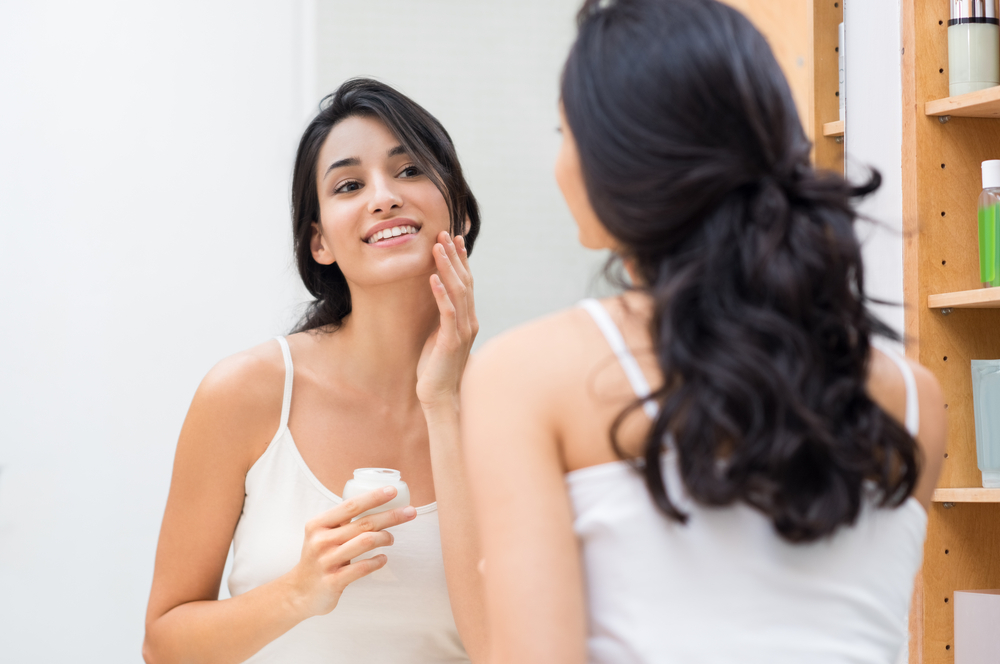The juicy details on hydrating vs moisturizing
Dry skin can be flaky, rough, dull and prone to developing wrinkles and breakouts. If your skin is feeling dry, there are a number of symptoms that can tell you whether you need more hydration or moisture. You just need to know how to read the signs!
You know how drinking water hydrates your body? Well, skin cells also hold water. Imagine the difference between a grape and a raisin — hydrated skin cells are plump and supple, and this means skin is plump and supple, too. Dehydrated skin cells sort of shrink up, causing the skin to look deflated and lifeless.
So, that's how the hydration half of this equation works. Now, you may be wondering why your skin needs moisturizer at all if hydration makes it soft, plumped and perky. That's because skin won't stay that way unless it's properly moisturized!
Moisture is the second half of the one-two punch that keeps skin looking healthy and feeling fabulous. Moisturizer creates a barrier on top of the skin, sealing in all of that hydration and preventing it from disappearing. Pretty cool, huh?
Hydration and moisturization are natural partners. Hydration gives skin a soft and elastic feel — but it won't last long if the water is able to evaporate. On the other hand, slathering moisturizing creams and balms onto dry skin may temporarily make it feel smooth, but dehydrated skin will still look dull and feel uncomfortably tight.

So, do you need hydration, moisturization — or both?
If you picked the third option, you're correct! Ideally, you hydrate a little, moisturize a little and should be good to go — but everyone's skin is unique, so finding the correct balance between both is important.
If your skin still feels like it's missing something, here's how to tell if you need to boost your hydration, moisturization or the two together.
Is your skin dehydrated? If your skin tends to look thin and dull, or wrinkles and sagging skin are more noticeable than usual, chances are your skin is dehydrated.
Does your skin need moisture? If your skin feels rough and flaky, you might need to be a little more liberal with the moisturizer.
Are you dehydrated and lacking moisture? If all of those symptoms sound a little too familiar, your skin is trying to send a message — specifically, "I'm parched!" To rediscover your natural, healthy glow, step up both your hydration and moisturization efforts.
Tips for hydrating vs moisturizing your skin
A lot of skin hydration comes down to drinking water. That probably comes as no surprise! However, living with a water bottle attached to your hip is far from your only option.
Another effective way to boost hydration is with the use of skincare ingredients known as humectants, which attract water and draw it into skin cells. Oats, for example, contain humectant properties that keep skin feeling soft and hydrated. In fact, raiding your pantry in search of hydration can give you a few possibilities to work with — honey and aloe also have their own natural humectant properties.
To moisturize skin, seek out emollient ingredients. Emollients help diminish water loss and make skin feel smooth and soft. When choosing a moisturizer for your skin, it's important to know your skin type. Seed butters and waxes are heavier emollients best suited for extremely dry skin, while natural oils are a lighter option good for all skin types.
So, drink up and give your skin some TLC with a good moisturizer twice per day. Flakiness and sagging, beware — this dynamic duo doesn't take dryness sitting down!

